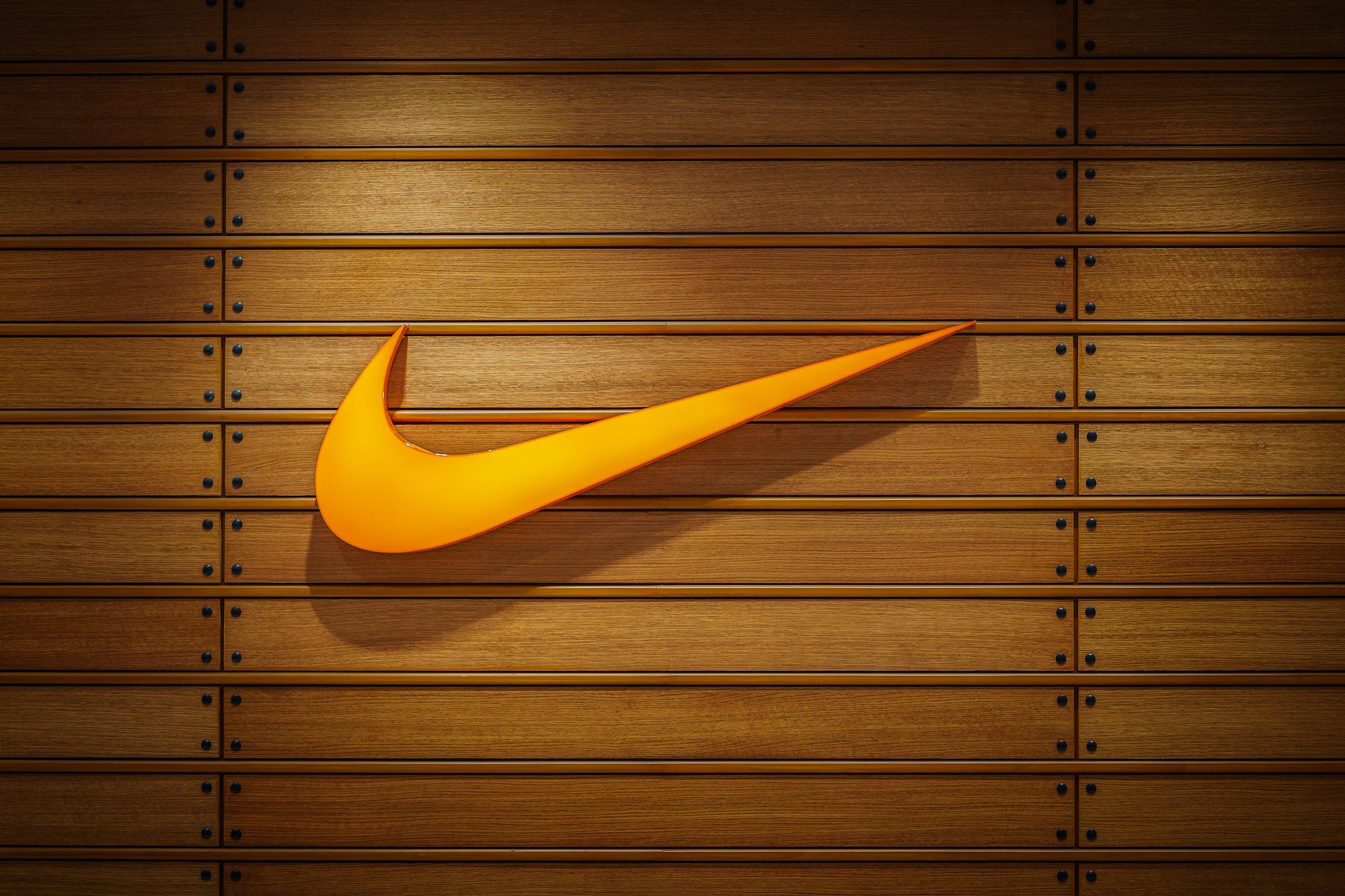Understanding The Nike Oregon Project’s Vexed History

Few athletic companies are as well-known as Nike. What began as a quest to build a better shoe has grown into a multibillion-dollar enterprise that seeks to advance the world of sport through innovative technology, gear and apparel. No one knows this more intimately than the athletes Nike sponsors. These sponsorships, though lucrative, have proven controversial for the mega-brand. Take, for example, the Nike Oregon Project.
At the turn of the 21st century, American distance running was in a slump. Former elite runner Alberto Salazar wanted to change that and set out to create an organization that would put American distance running back on track (quite literally). He set up camp at Nike’s Oregon headquarters and began coaching the best of the best, improving runners’ biomechanics and honing their natural athletic talent with the goal of making them unstoppable.
Since then, Salazar’s team has built a name for itself. One of its most notable members, 32-year-old Olympian Galen Rupp, has been Salazar’s star pupil since Rupp was in high school. Others who’ve trained with Salazar include Jordan Hasay, Mo Farah, Matthew Centrowitz, Shannon Rowbury, Kara Goucher and Donavan Brazier. But many of Salazar’s former athletes have left the Nike Oregon Project. Some, like Farah, quietly parted ways. Others, like Goucher, have strongly criticized the program after leaving.
To understand the controversy behind the Nike Oregon Project, one must first understand the immediacy of its rise. Backed by the Nike swoosh, Salazar’s runners began breaking records and claiming victories shortly after joining the group. Before long, the question of its surprisingly quick success became: Is it merely a strong training program? Or was Salazar using illegal methods to boost his athletes’ performance, as many have alleged?
Some argue that the answer is a mixture of the two. Few question Salazar’s expertise as a trainer. As a former world record holder in the marathon, he has more than ample experience from which to coach elite runners. Instead, it’s his integrity that often comes into question.
Once she left Nike Oregon Project, Goucher became very outspoken about the alleged illegal drug use she claims to have witnessed during the time she was coached by Salazar. In a 2015 BBC documentary, Goucher accused Salazar of violating the spirit of the anti-doping rules by asking her to take a thyroid drug—one that she didn’t have a prescription for—in order to lose weight after giving birth to her son, Colton. Another of the program’s coaches, Steve Magness, cited a similar experience, claiming he’d witnessed drug infusions and had even been asked to be a guinea pig for one.
These allegations ignited a doping investigation that was launched by the United States Anti-Doping Agency three years ago. According to the Boston Globe, the accusations gained further traction in 2017, “when the New York Times reported that the U.S. Anti-Doping Agency believes Salazar worked with a Texas endocrinologist to procure medically unnecessary prescriptions to boost his athletes’ performances.”
Thus far, none of the Nike Oregon Project’s runners have been caught doping, so the allegations remain exactly that: allegations. Even so, the U.S. Anti-Doping Agency is still investigating Salazar’s coaching tactics in response to the numerous accusations that have stacked up over the years.
Salazar’s success is undeniable, but his methods remain questionable. Time—and further investigation—will hopefully provide a clearer picture of what it’s really like inside one of professional running’s most prodigious training programs.